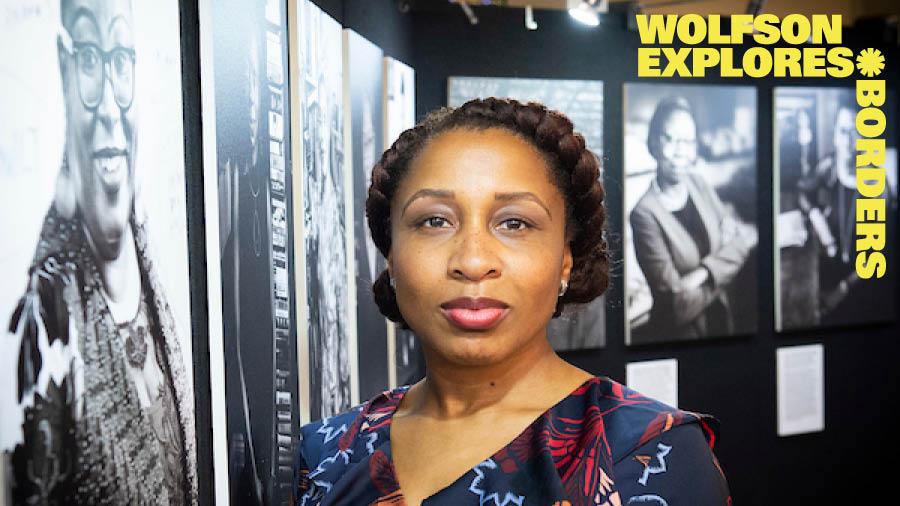How to rebuild a city with Karam Alkatlabe


Named by Times Higher Education as one of eleven scholars globally shaping public debate in higher education, Dr Nicola’s Rollock’s impact on the sector over the last twenty years has been significant.

Dr Rollock has challenged conventional thinking on race by spotlighting the experiences of black female professors, exploring the educational strategies of the black middle classes, and driving the debate into the wider public imagination through the award-winning two-part Channel 4 documentary, “The School that tried to end racism”, as well as numerous other media appearances.
When she began her three-year role at Cambridge as Senior Adviser on Race & Higher Education last October, her aim was clear: it was, she says, “to create a space where all can thrive irrespective of their racial identity”. She is now working with staff and students across the University to help develop initiatives and policies to support the improvement of racial justice, and to bolster and build on the work already in place. “In some cases,” she says, “this will mean challenging and changing existing practice.”
Dr Rollock is certainly no stranger to challenging existing practice and was nominated by Baroness Doreen Lawrence for inclusion in the Duke and Duchess of Sussex’s list of Next Generation Trailblazers recognised for “challenging prejudice and [her] contributions to British society”.
At Wolfson College's Lee Seng Tee Distinguished Lecture this year, Dr Rollock will be in conversation with Wolfson Fellow, Professor Paul Ramchandani, LEGO Professor of Play in Education, Development and Learning, to discuss the challenges ahead.
Prior to the discussion, we asked Nicola to give us her thoughts on the big themes and big questions currently occupying her that she might explore on May 5:
“I am interested in how we think about and do the work of antiracism. When is this work given particular attention and when does it fade into lesser significance? How do we talk about race, who talks about it and how? For example, many white people talk about having been “awakened” to the horrors of racism when they witnessed the murder of George Floyd in May 2020.
“That presents a curiosity and concern for me given that many academics, campaigners and racially minoritised groups have been advocating for racial justice for years. We have been carefully articulating the processes that lead to unequal outcomes, documenting our experiences, courageously sharing our pain. We have, if you will, been following due democratic process in order to present our concerns in board rooms, in evidence sessions, in academic conferences but none of those arguments or the evidence presented appears to have been sufficient to stimulate in white colleagues an “awakening”.
“This fact, in turn, must beg the question of what factors or elements are therefore required to engender progress – or at least meaningful debate – about racism. Does it require unequivocal evidence of a Black man being murdered by a white man and for that to be recorded visually and with sound? If that is the case, it presents a stark and perverse basis upon which to hold a conversation about justice for those who look like me.
“These questions are, of course, especially pertinent to institutions of learning such as universities. Who determines that racial justice is an important issue to focus on? Who has the resources to allocate to any such focus and what are the implications if efforts to advance an antiracism agenda fail? The consequences of any such failure shape the experiences of and outcomes for racially minoritised groups. Such failures do not negatively shape outcomes for white colleagues and students or indeed their experiences.”
The Rules of Racial Standing: Race and Racism in the Era of the Public Lynching of George Floyd is on Wednesday 5 May at 6pm.
The event is also part of the Wolfson Explores Borders and Let's Talk About Race And Racism programme.
Online, free, and open to all, you can register for the event now.







